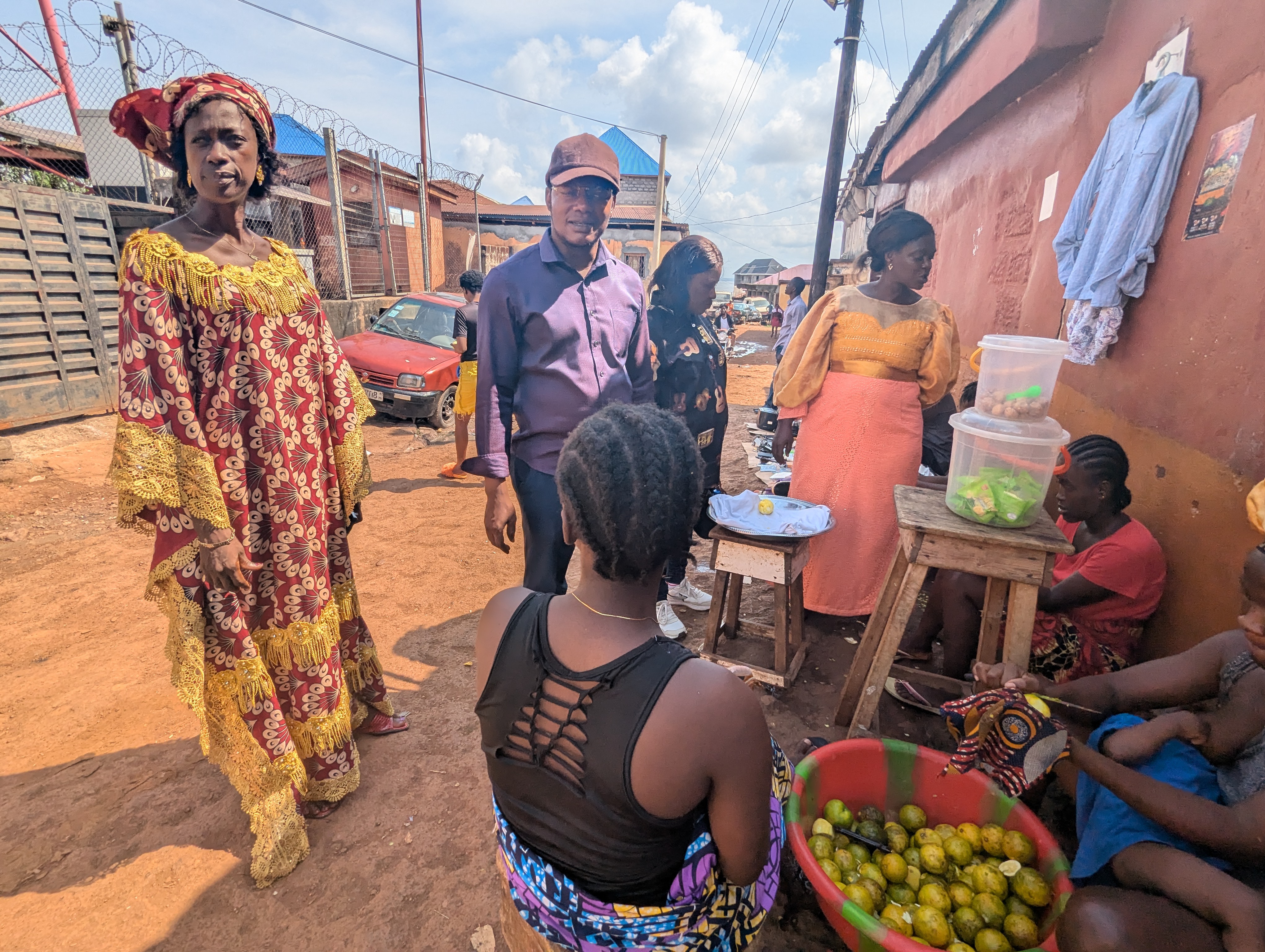The Office of the International Institute for Democracy and Electoral Assistance (International IDEA) to the European Union, the European Partnership for Democracy (EPD), and the European Network of Political Foundations (ENoP) welcome the European Commission’s resolve to develop a new Multi-Annual Financial Framework (MFF) that will contribute to a safe and secure, prosperous, competitive, sustainable and socially responsible European Union (EU), and provide the capacity for
Búsqueda
Region
Country
Type
In Brussels, the European Commission has started the process of preparing for the next European Union (EU) Multi-annual Financial Framework (EU MFF 2021-2027) or simply called the EU Budget, with the release of its proposal for a,“budget for the future”1, on 02 May 2018. In accordance with the provisions of the Lisbon Treaty, the European Commission proposed, and the European Council and European Parliament approve the EU budget.
On 22 April 2018, Paraguay held its seventh general elections in its history to renew national, local and MERCOSUR authorities, in a context of macro-economic stability, with an average economic growth of 4 per cent, well above its neighboring countries, but with high levels of uncertainty in the political sphere.
Disclaimer: Views expressed in this commentary are those of the staff member. This commentary is independent of specific national or political interests. Views expressed do not necessarily represent the institutional position of International IDEA, its Board of Advisers or its Council of Member States.
On 16 May 2018, the Youth Progress Index was presented at the European Parliament in Brussels during a launch event hosted by Mr Brando Benifei, Member of the European Parliament.
بالتعاون مع الهيئة العليا المستقلة للانتخابات التونسية (ISIE) وبدعم مشترك من المؤسسة الدولية للديمقراطية والانتخابات (
El 22 de abril de 2018 Paraguay protagonizó su séptima elección general en la historia para renovar autoridades nacionales, departamentales y del MERCOSUR, en un contexto de estabilidad macroeconómica, con un crecimiento promedio del 4 por ciento, por arriba de sus países vecinos, pero con vaivenes en el ámbito político.
Being credible, transparent and democratic are the basic standards of elections. Myanmar successfully held general elections in 2015 and by-elections in 2017, and attention is now turning to elections for municipal representatives across the country. At the moment, the country’s system for municipal elections is quite different from international standards—even universal suffrage is not practiced for the voting.
In light of the successful Exploratory mission conducted to observe the municipal elections in Jordan (2017), in collaboration with the Tunisia Independent High Authority for Election (ISIE) and with joint support from the UNDP Regional Electoral Assistance Project and the International Institute for Democracy and Electoral Assistance (International IDEA), the Organization of the Arab Electoral Management Bodies (known by the acronym Arab EMBs) has conducted its second exploratory mi
On 4–5 December 2017 International IDEA—together with the Edinburgh Centre for Constitutional Law, the Global Justice Academy and the Political Settlements Research Programme at the University of Edinburgh hosted the fourth Edinburgh Dialogue on post-conflict constitution-building.
The topic of the Dialogue was ‘The Quest for Legitimate Stability: Understanding the Interactions between Elections and Constitutions in Fragile and Conflict-affected State Transitions’.
On 27 March 2018, the Office of International IDEA to the European Union organized a Roundtable on, “Supporting women leaders for inclusive democracy and sustainable development: Overcoming challenges and measuring progress”, with the support of the Canadian Mission to the European Union.
Después de un proceso de preparación marcado por la incertidumbre que generó la inestabilidad política en el país, el 13 y 14 de abril de 2018 se realizó en Perú la Octava Cumbre de las Américas.
Following a preparatory process marked by uncertainty resulting from the political instability in the country, on 13 and 14 April 2018 Peru hosted the Eighth Summit of the Americas.
Transnational organized crime threatens democracy. Supporting the capacity of national and local institutions to prevent and mitigate the nexus between organized crime and democratic politics is an important part of fighting against these threats.
Transnational organized crime threatens democracy. Supporting the capacity of national and local institutions to prevent and mitigate the nexus between organized crime and democratic politics is an important part of fighting against these threats.
Transnational organized crime threatens democracy. Supporting the capacity of national and local institutions to prevent and mitigate the nexus between organized crime and democratic politics is an important part of fighting against these threats.
Political rights of refugees are an endurance test for the fabric of democracy. The recent migration waves resulting from civil wars have brought the debate on this topic back on the public agenda. Governments, political parties and other actors throw their weight behind various public policies which are geared towards regulating illegal migration.
As part of International IDEA’s engagement to strengthen the capacity of electoral actors and institutions, the Africa and West Asia programme organized the fifth New Commissioners’ Orientation (NCO) for newly appointed electoral commissioners and senior election administrators for the period 17-20 April 2018 in Lilongwe, Malawi.
The International Institute for Democracy and Electoral Assistance (International IDEA) is committed to good governance practices and follows the principles of the International Public Sector Accounting Standards (IPSAS). In that regard, we continue to improve our accountability and transparency structures.
On 25 September 2015 the United Nations General Assembly adopted ‘Transforming our world: the 2030 Agenda for Sustainable Development’ (the 2030 Agenda) as an outcome of the UN Sustainable Development Summit. Since the adoption of the 2030 Agenda, development experts, statisticians and organizations have discussed the follow-up and review mechanisms for monitoring implementation of the Sustainable Development Goals (SDGs).
